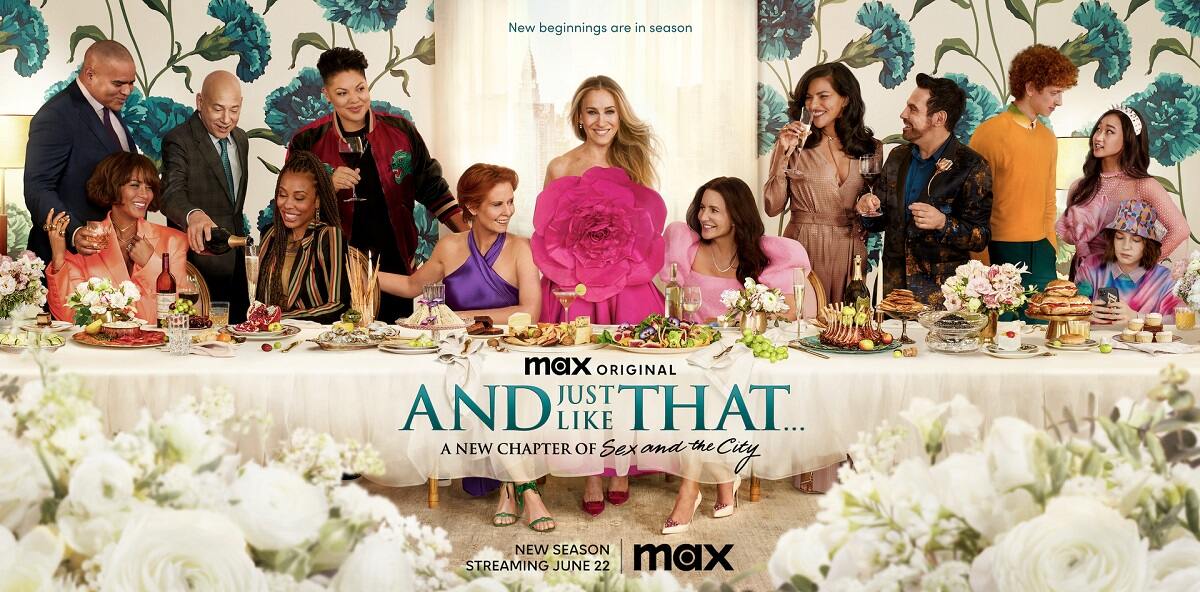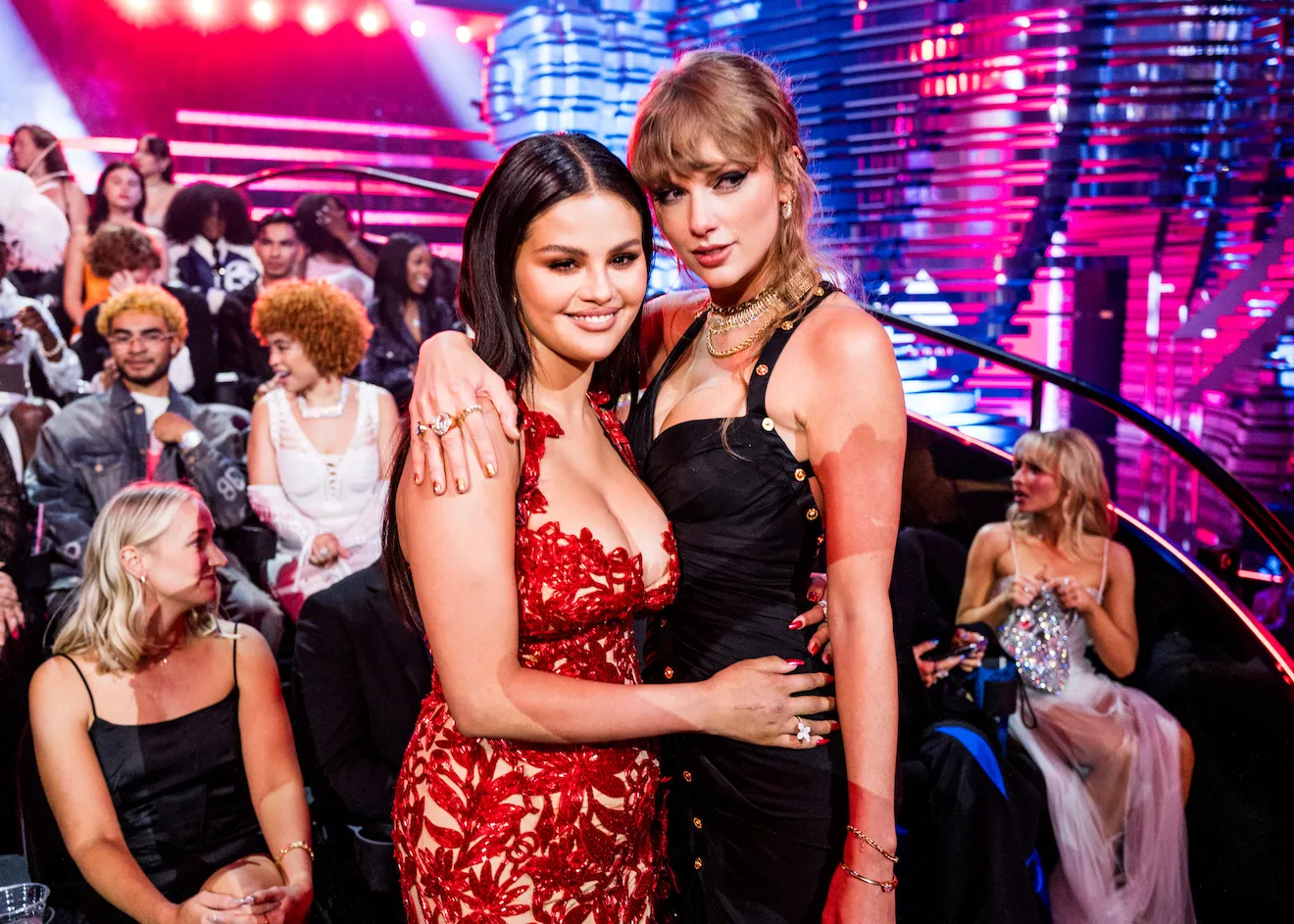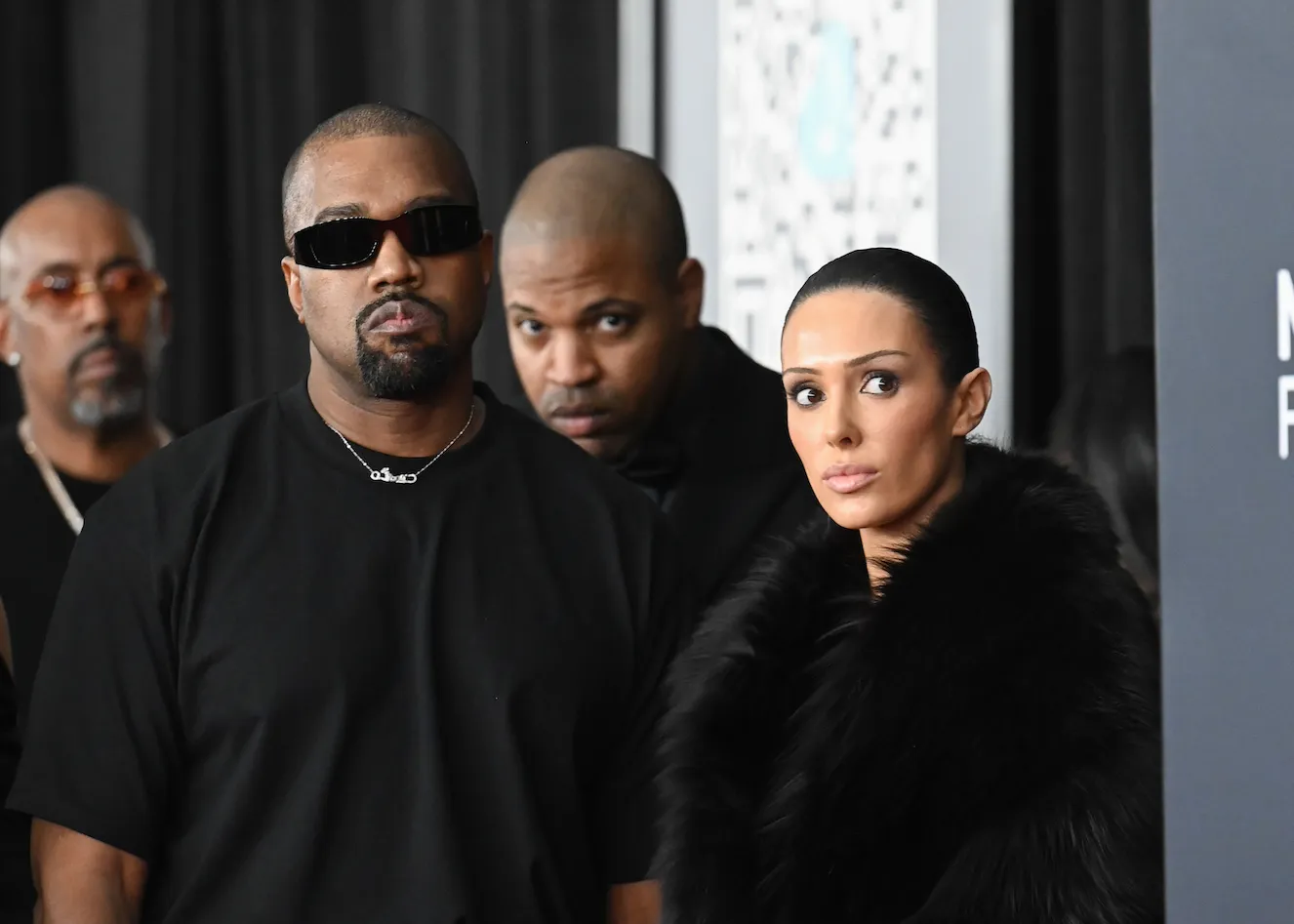Why ‘Parenthood’ Still Holds Up 30 Years Later
Today is the 30th anniversary of the film Parenthood. While the film may not come up in many conversations about classic comedies, it has made an impact. A TV series based on the film ran for six seasons on NBC. In Steve Martin’s oeuvre, it should be mentioned in the same breath as The Jerk, All of Me or Dirty Rotten Scoundrels. In director Ron Howard’s, it’s up there with Apollo 13 and Backdraft, and more Oscar-worthy than A Beautiful Mind. Screenwriters Lowell Ganz and Babaloo Mandel followed Parenthood with City Slickers and A League of Their Own, all landmark films.
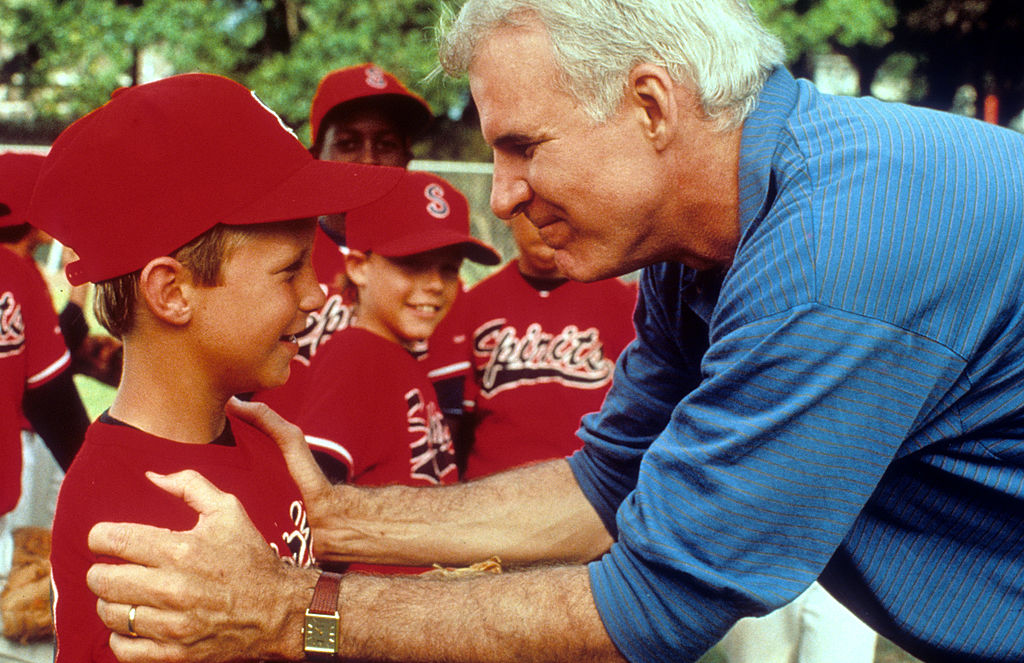
Parenthood meant a lot to me when I saw it in 1989, perhaps on this very day in 1989 because I did always go see new movies as soon as possible. The members of the Buckman family each faced a specific challenge of parenthood, each subplot speaking to different joys and tragedies of real life. It’s remained in my thoughts as I’ve become an adult, so here is a look back at the themes of Parenthood that remain poignant 30 years later.
Emotional conditions are better diagnosed now
Kevin (Jasen Fisher) was prone to crying and anxiety. They never diagnosed him in the film, but today he might be treated for specific emotional disorders. The Parenthood TV series featured a child with Aspergers Syndrome. Although that may or may not have applied to Kevin specifically, he may have been on the spectrum and could have benefited from a specific treatment.
Yet the truth of child-rearing is universal. Every child is going to have unique emotional needs whether they have a formal diagnosis or not. Parents do the best they can. Sometimes they make their kid happy by playing a cowboy. Sometimes there’s nothing you can do and you’ve just got to let your child be sad. Coping with sadness is an important developmental skill so avoiding it is dangerous.
Find the family that loves you
Perhaps the most profound statement of Parenthood is that biological family is not the only kind of family, and maybe not be the healthiest. Todd (Keanu Reeves) reveals he had an abusive father.
“You need a license to buy a car,” Todd says. “You need a license to drive a car. Hell, you even need a license to catch a fish, but they’ll let any butt reaming *sshole be a father.”
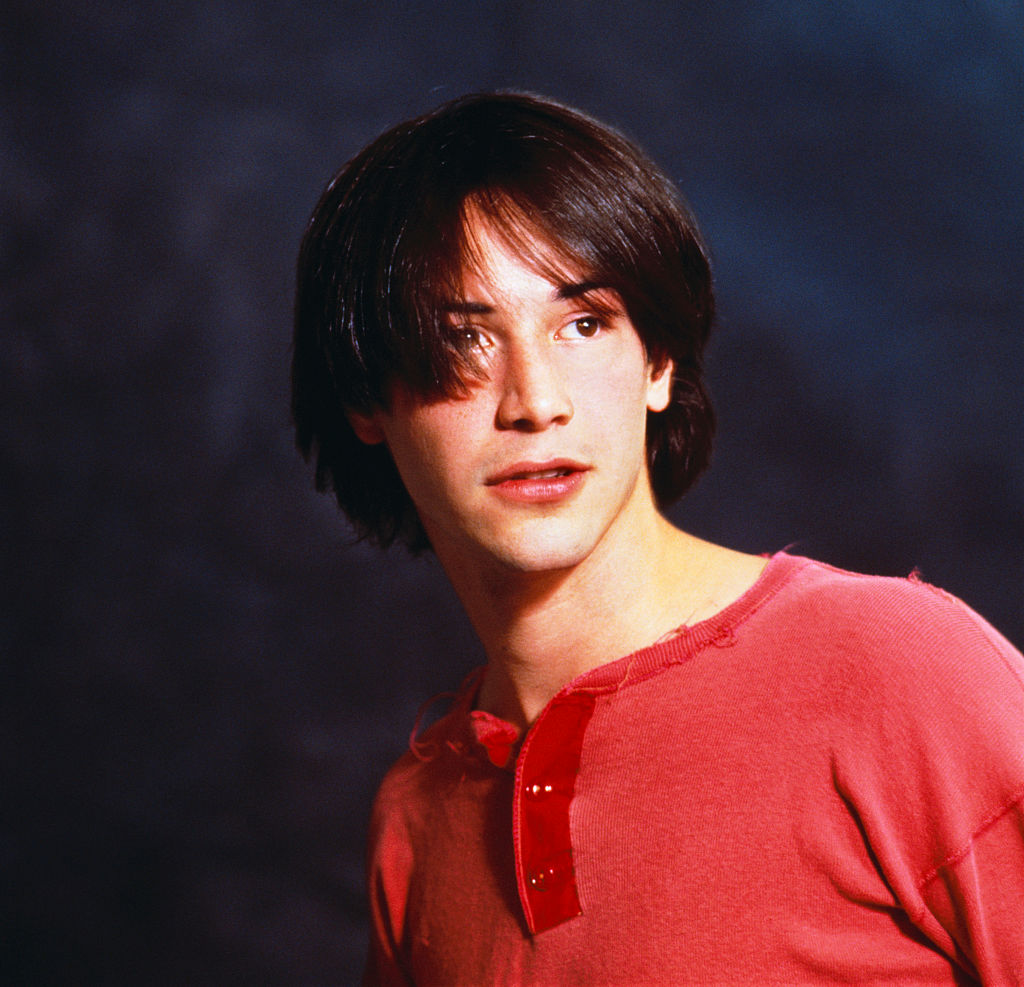
Todd finds a much healthier family by marrying Helen (Diane Weist)’s daughter Julie (Martha Plimpton) and that gives hope for people who may be born into unhealthy family environments. It’s never too late to find your family.
“My whole life is have to”
One thing I may not have fully appreciated as a child is how demanding of time parenthood is. I knew my parents worked and took care of me, and I appreciated them, but the sheer volume of time was lost on me. It did make an impact on me when Karen (Mary Steenburgen) asks Gil (Martin) if he has to go to baseball practice, and he says, “My whole life is have to.”
I still didn’t understand the magnitude of everything on Gil’s plate, but I felt Gil’s commitment to his family and how strenuous it was. Now that I’m a grown-up with a job of my own and pets to take care of, I understand the demands of adulthood much better. I don’t have kids yet but I see parents and I relate to how much child-rearing adds to one’s plate. My whole life may not be “have to.” I could choose to do less work, although I’m inclined to do more to provide. Once I have kids it will all be have to because that’s the commitment we make to bringing new lives into this world.
You can’t save some people from themselves
I’ve known a lot of guys like Larry (Tom Hulce) in my life, but when I first saw Parenthood I hadn’t met any yet. Every time the Buckmans saw Larry he was working a new angle. At the beginning of the movie, it’s hydroponics, but it’s clear he’s always dabbled in some hot trend that didn’t pan out.
Even as a kid, I recognized that all of his schemes never succeeded, and never would. When he ultimately gets into debt with gamblers, those schemes are going to cost him his life (and endanger his family).
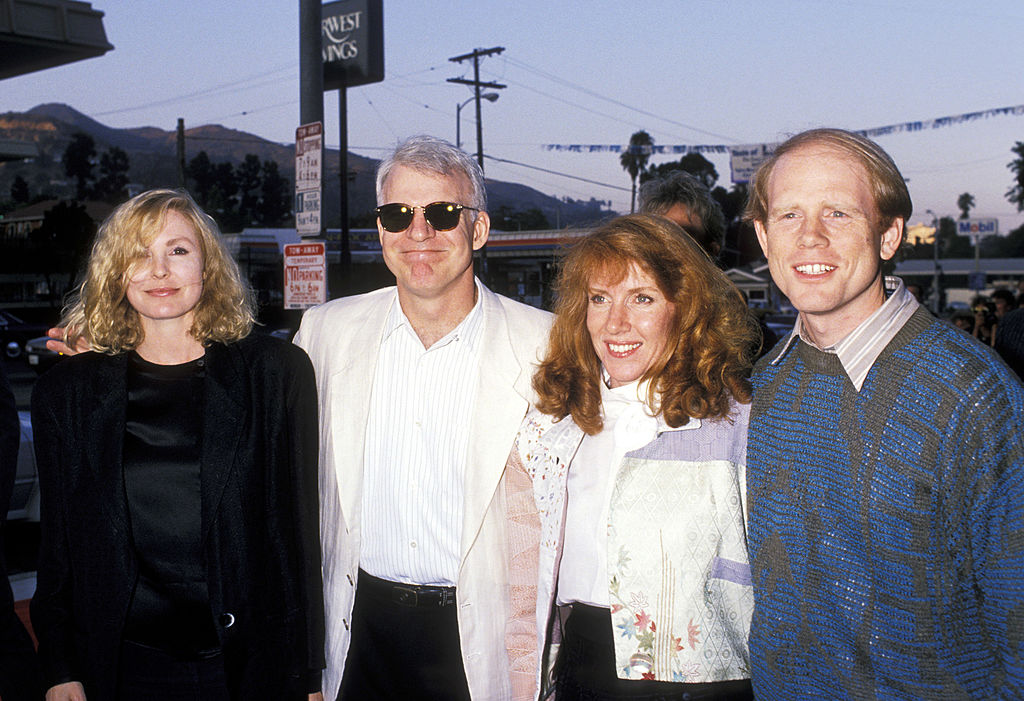
His father Frank (Jason Robards) tries to help. Frank comes up with a plan to pay off Larry’s debt, a complete bailout. That’s what parents do, but it’s not enough. Larry still thinks he has some other plan that’s going to work. Frank has to resign himself to the fact that Larry will never change. He’ll never be able to accept responsibility, and Frank probably can’t save his life.
Frank probably also realizes he encouraged Larry’s attitudes. Frank always encouraged Larry’s wild schemes and neglected reliable old Gil. Frank encouraged Larry to try to get rich quick, placing value on wealth and materialism. You’ve got to instill good values when kids are young. It’s too late when they’re adults and it can be dangerous.
Parenthood never ends
Gil, Helen and Susan Buckman (Harley Jane Kozak) are all trying to raise kids right. They have different approaches, but their goal is to make sure their kids are okay. Gil has two fantasies about Kevin all grown up, one an idealistic dream and the other a nightmare where Kevin’s life falls apart all because of a bad decision Gil made.
That’s a funny way to dramatize the hopes and fears of parents, but there is an inherent truth. Parents will always fear that what they’re doing is ruining their kids’ lives, an hope that something a parent does can protect their child from all the other forces in the world.
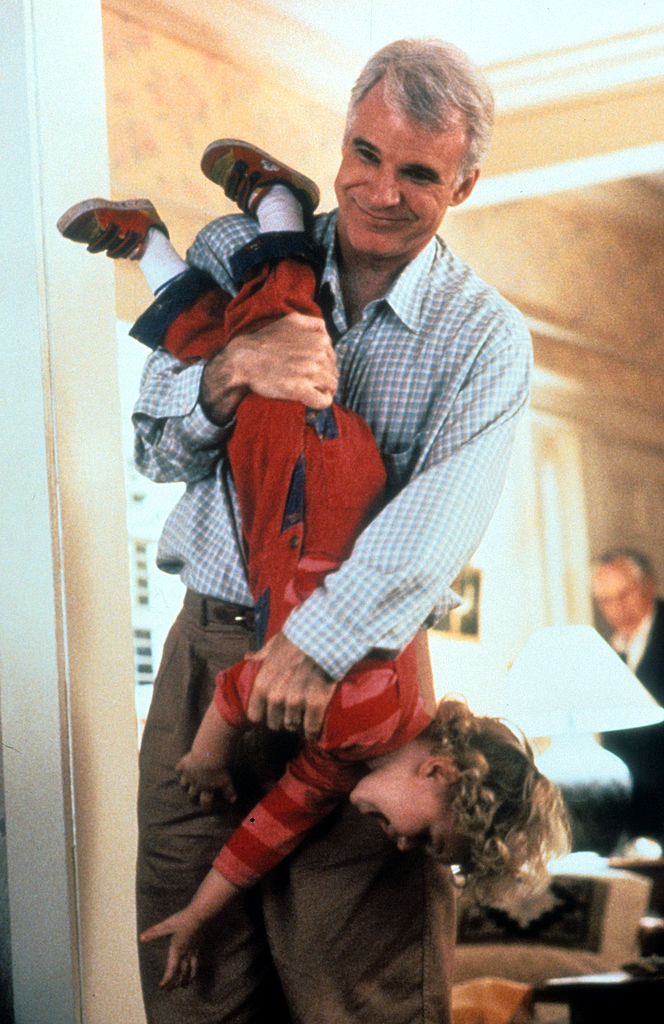
That doesn’t end when the kids turn 18, or 21, or 30. Frank shows you never get to stop worrying about your kids. He’s dealing with the same fears as a senior citizen with adult children. It’s mainly Larry who’s causing all Frank’s anxiety, but he implies his concern extends to Gil and his other kids too.
As someone who deals with anxiety over my own life, I can only imagine extending that exponentially to children in my care. At least I get relief when a stressful situation is over. Once I have kids, there will never be a time I’m not worried something might happen to them. Their very existence will mean I’m struggling desperately to keep them safe. I keep my cats indoors specifically so I don’t have to worry about something happening to them outside.
At a certain point, I’ll have to trust my kids to take care of themselves when they’re older. That anxiety will always be there. I want all the joy and love that kids will bring to my life, but I understand the price with which they come. I’ll be committing to anxiety for the rest of my life.
‘Parenthood’ is still really funny
I’ve spent a lot of time talking about how meaningful Parenthood is, but the reason I still love it is that it’s really funny. Martin is a genius at combining his physical comedy with genuine heart. His cowboy Gil routine definitely has to be included on any career highlight reel.
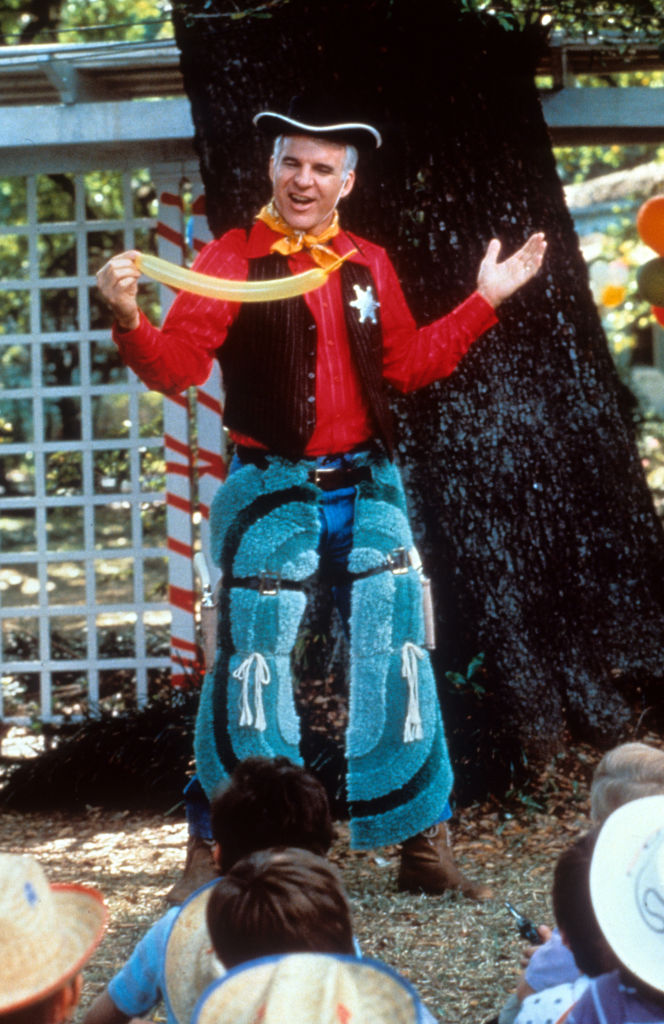
Susan’s husband Nathan (Rick Moranis) trying to raise his daughter Patty (Ivyann Schwan) to be a genius is funny, and Schwan delivers a lot of those punchlines. It’s also relevant that planning out a childhood is missing out on 90% of what makes having kids wonderful.
Some things do change
Only a few aspects of Parenthood show their age. Larry has an illegitimate son Cool (Alex Burrall) and it’s controversial that he’s black. A mixed family wouldn’t be controversial now, fortunately, although PArenthood always treats Cool with love.
Maybe they wouldn’t have the Kevin nightmare fantasy be a mass shooting. 30 years ago, there were fortunately relatively few of them so it seemed like a random extreme.
Helen’s son Garry (Joaquin Phoenix) is sneaking porno movies on VHS. He’d have the internet now, but probably even more confusion about what he was doing. The pain caused by his parents’ divorce and his father abandoning him for a “new family” would still heartbreaking.
30 more years of ‘Parenthood’
I said above I don’t even have kids yet, but growing up 30 years has only deepened my appreciation for Parenthood. I look forward to continuing to revisit it when I do have kids at different ages to see how much more I can relate to it.
